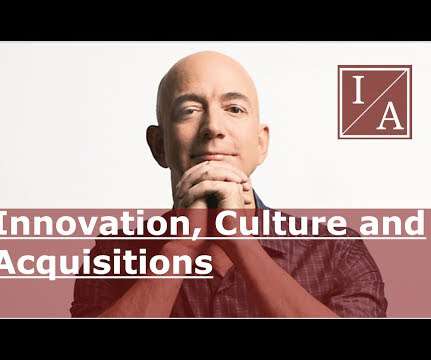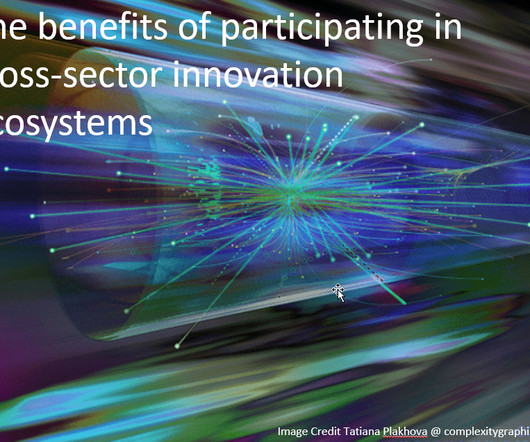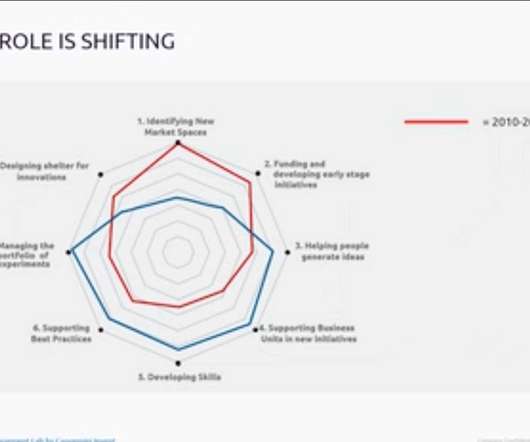Uncharted Waters Disrupting the Corporate Boardrooms
Paul Hobcraft
APRIL 1, 2016
When you read a report that has within its executive summary this: “ In combination the boards stand unarmed to enter the battlefield of future business creation in a disrupted world ” it makes you want to read on. It wanted to address the skill-set at board level to handle digital disruption and the urgency to act proactively.













































Let's personalize your content